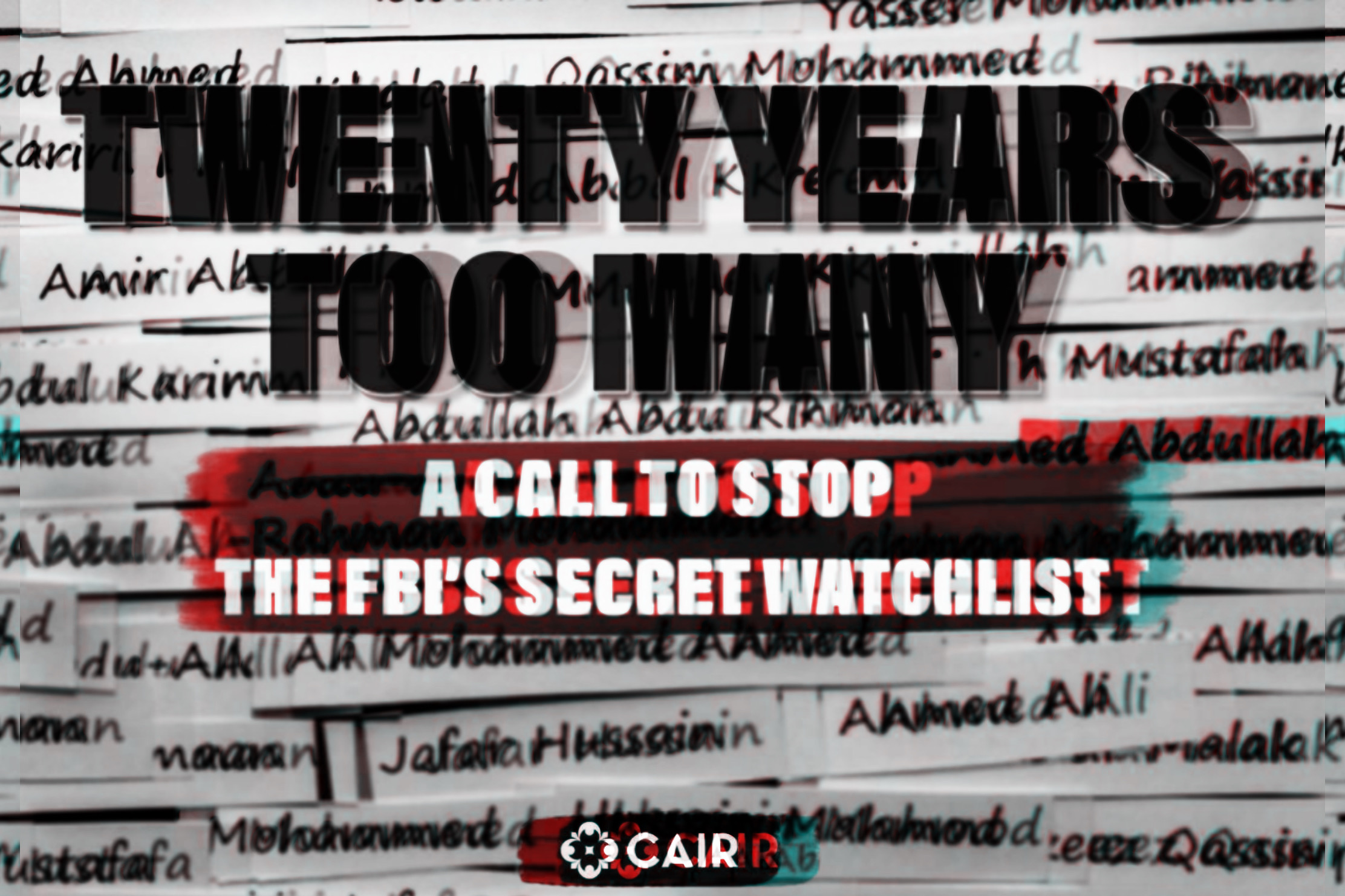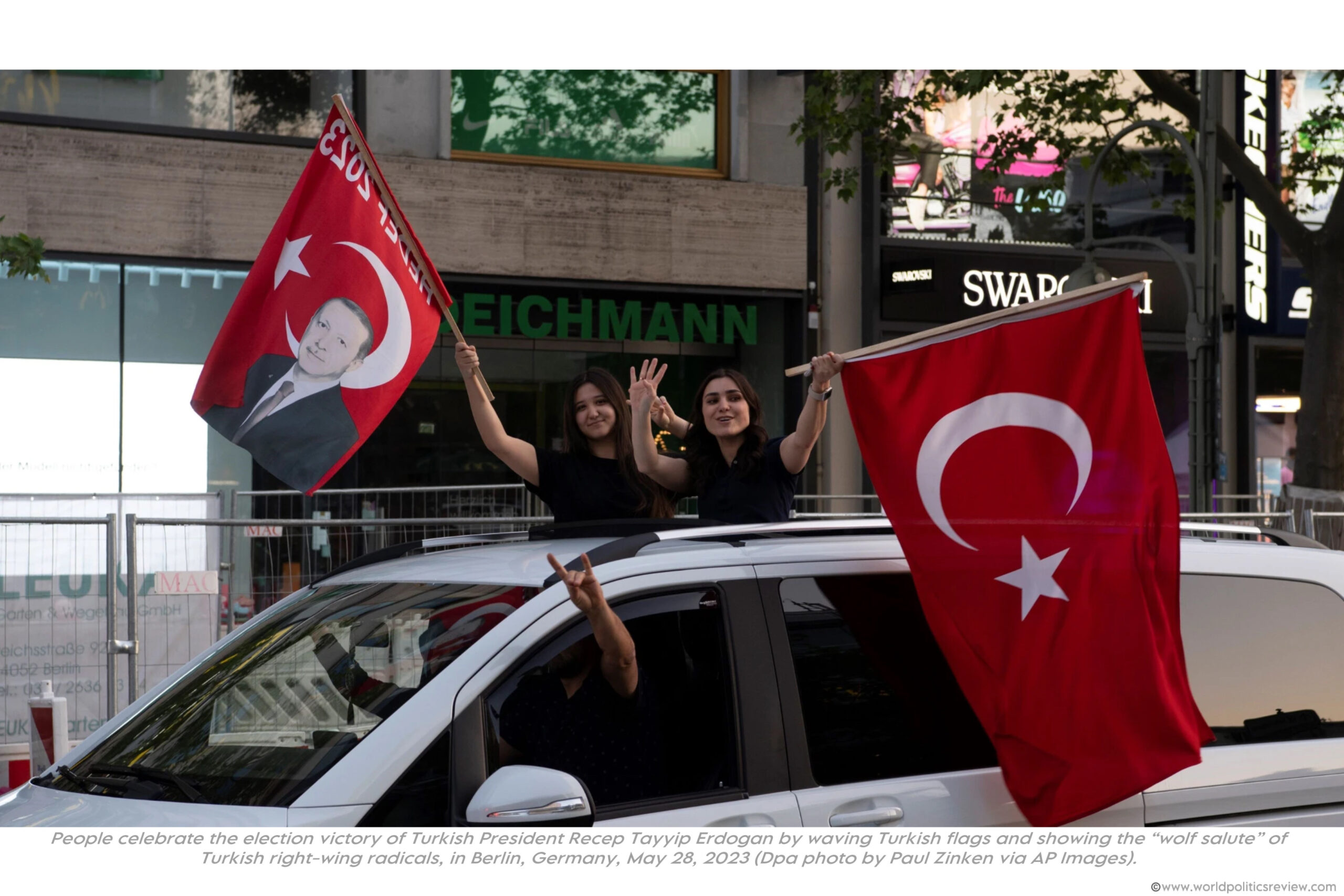BILLY BRIGGS
November 28, 2010
On platform one at Bolton train station in England a mob of about 100 men
punch the air in unison as a chant – “Muslim bombers, off our streets!” –
goes up. Their voices echo loudly, and as more men suddenly appear, startled
passengers move aside. The protesters wave St George’s Cross flags – the red
and white English national emblem – and raise placards. Some wear
balaclavas, others black-hooded tops. There is an air of menace.
These are some of the most violent football hooligans in Britain and today
they have joined in an unprecedented show of strength. Standing shoulder to
shoulder are notorious gangs such as Cardiff City’s Soul Crew, Bolton
Wanderers’ Cuckoo Boys and Luton Town’s Men In Gear: a remarkable gathering
given that on a match day these men would be fighting each other. But today
they are not here for football; it is politics that has drawn them. Their
destination is Manchester to support a protest by the newly formed English
Defence League.
The police are here in force, too. “Take that mask off,” barks a sergeant to
one young man. The man does so immediately but retorts: “Why are they
allowed to wear burqas in public but we’re not allowed to cover our faces?”
The sergeant snaps back: ”Just do what you’re told.”
A man with a West Country accent standing next to me says: “It’s always the
fxxxxx’ same these days. One rule for them and another for us. I’m sick of
this fxxxxx’ country.” He draws on a cigarette before flicking it to the
ground in disgust. He starts to complain again, but when the public address
system announces the arrival of the train to Manchester Piccadilly, he
raises his hands above his head and starts another football favourite: “Rule
Britannia, Britannia rules the waves …”
His companions join in singing, and as the train comes to a halt beside the
platform the crowd surges forward. The carriages are almost full, so the men
pack into aisles followed by police speaking into radios. A group of young
men drinking beer at a table eye the protesters warily, but one protester
wearing a baseball cap notices their fear and reassures them. “It’s all
right lads, nothing to worry about. We’re protesting against radical Islam.
Come and join us,” he says, and as the train draws nearer to Manchester, the
singing starts again. “Eng-e-land, Eng-e-land, Eng-e-land …” the men sing
rowdily. The English Defence League is in town.
A ready-made army?
The league seemed to spring from nowhere in 2009, but since its formation
the far-right movement has held major protests in nearly all of Britain’s
cities. Although it claims to be a peaceful group, violence has erupted at
most league demonstrations, with its supporters fighting on the streets
against police, Muslim youths and a group called Unite Against Fascism, an
umbrella organisation consisting mainly of students and trade unionists and
formed in 2003 to oppose the far-right. During the fighting hundreds of
people have been arrested, weapons have been seized and city centres have
been brought to a standstill.
Britain has not witnessed such street violence for many years and there are
growing fears that the league – despite its official multiracial stance –
has become a ready-made army for neo-Nazis who for years have operated
underground and that tensions will erupt resulting in major disorder.
All mainstream political parties in Britain have criticised the league,
including John Denham, the former communities secretary, who compared the
group to Oswald Mosley’s Union of British Fascists, which ran amok in London
during the 1930s.
Tinderbox northern towns such as Bradford and Oldham – which witnessed race
riots in 2001 – have been among the league’s targets this year and a
countrywide police team set up to combat domestic extremism, the National
Extremism Tactical Co-ordination Unit, has been investigating the movement.
I had met members of the league for the first time in a derelict building in
Luton, near London, three weeks before the Manchester rally. They had agreed
to talk on the condition that I did not identify them. Eleven men turned up.
All wore balaclavas and most had black league hoodies with ”Luton
Division” on the back. A man using the pseudonym Tommy Robinson did most of
the talking and explained the movement’s background.
“For more than a decade now, there’s been tension in Luton between Muslim
youths and whites. We all get on fine – black, white, Indian, Chinese –
everyone does, in fact, apart from some Muslim youths who’ve become
extremely radicalised since the first Gulf War. Preachers of hate such as
Anjem Choudary have been recruiting for radical Islamist groups in Luton for
years. Our government does nothing, so we decided we’d start protesting
against radical Islam, and it grew from there,” he said.
With Islam Europe’s fastest-growing religion – Muslim populations are
projected to expand rapidly in coming decades – the group’s fear that
traditional British culture is under threat have been exacerbated.
Robinson could barely conceal his anger as he described radical Muslims
protesting as the Royal Anglican regiment paraded through the town on its
return from Afghanistan in May 2009. Following the incident, he and others
set up a group called United People of Luton. After linking up with a
Birmingham-based group called British Citizens Against Muslim Extremists and
a group calling itself Casuals United, they realised there was potential for
a national movement. Robinson said members wore balaclavas to protect their
identities because league members had been targeted by Muslim extremists.
But although the league publicly espouses peaceful protest, there is growing
concern over its secrecy and quasi-paramilitary appearance – as well as some
of its membership. According to the international anti-fascist magazine
Searchlight, far-right British National Party activists and other fascist
extremists are at the core of the league. The publication’s allegations have
been backed by a former league member called Paul Ray who claimed that the
group had been hijacked by the anti-immigration British National Party.
Then there is Casuals United. The group came to the fore about the time the
English Defence League was formed. An unprecedented alliance of football
hooligans, it was the brainchild of Jeff Marsh, a member of Cardiff City’s
Soul Crew who has been convicted three times for violent offences. This
included a two-year jail sentence for stabbing Manchester United fans. Marsh
has now taken a back seat, so the public face of Casuals United is fellow
Welshman and Soul Crew member Mickey Smith.
Casuals United makes full use of modern communications and uses social
networking websites such as Facebook to organise the 50 or so gangs that
have been recruiting members around Britain. Other neo-Nazi groups,
including the British People’s Party and the British Freedom Fighters, have
also participated in league protests, despite their opposition to the
league’s multiracial position.
A ‘perfect storm’?
The high command of the league is much more astute than its foot soldiers,
however, and distances itself from violence. In a Covent Garden pub I meet a
computer expert from London called Alan Lake who runs a website called Four
Freedoms. Last summer he contacted the league and offered to fund and advise
the movement.
His aim, he says, is to unite the “thinkers” and those prepared to take to
the streets. He describes this marriage as “the perfect storm coming
together,” adding that street violence is not desirable but perhaps
inevitable. “There are issues when you are dealing with football thugs – but
what can we do?”
He strongly criticises fascist organisations, however, and says that one of
his conditions for backing the movement is that it does not associate with
far-right groups. “There are different groups infiltrating and trying to
cause rifts by one means or another, or trying to waylay the organisation to
different agendas. The intention is to exclude those groups and
individuals.”
But while some league leaders may oppose fascism, there are others who seem
to have no problem with extremism. At league protests in Swansea, Wales,
skinheads chanted British National Party slogans and raised Nazi salutes. In
Northern Ireland, according to Searchlight, loyalists have started an Ulster
Defence League, backed by the former paramilitary group the Ulster Defence
Association, while in Scotland, the hooligan Inter City Firm attached to
Rangers football club helped set up a Scottish Defence League.
At an EDL protest in the city of Leicester, the movement’s supporters pelted
police officers with bottles, cans, bricks and coins resulting in 17
arrests. One police officer suffered a broken leg.
The EDL protest garnered the largest police deployment in Leicestershire
since the miners’ strike 25 years ago. Police deployed 1,400 officers from
12 forces to deal with around 1,000 EDL supporters and a counter demo of
around 700 anti-fascists.
During the demo, the International Arts Centre Fabrika had to be evacuated,
with journalists and staff making their escape through the back entrance as
EDL protesters attempted to break into the building and smashed windows. The
Leicester Mercury, a local newspaper, reported that there were also
confrontations between the protesters and a group of Asian and black men in
the Humberstone Road area, near St Matthew’s, with pockets of fighting.
What is concerning many people in Britain is that the movement is becoming
more organised and stronger and feeding off growing Islamaphobia. With its
anti-Islam stance, the EDL has been gaining support from abroad. Pamela
Gellar, the woman leading the protest against the Islamic centre near Ground
Zero in New York, has backed the movement and EDL members were welcomed when
they flew to the US to oppose the Muslim community’s plans on the ninth
anniversary of the 9/11 attacks.
Leader Robinson was refused entry at JFK airport, however, and taken into
custody and flown straight back to the UK.
Support has also come from Europe and on October 30, the EDL joined forces
with the newly formed French and Dutch Defence Leagues at an event in
Amsterdam. The meeting, organised by the European Freedom Initiative, was
promoted as a demonstration for freedom and in opposition to Sharia. It was
planned to coincide with the end of Dutch politician Geert Wilders’ trial
for hate speech and inciting racism.
The fears are, however, that European cities could soon be witnessing the
widespread violence being experienced in Britain.






